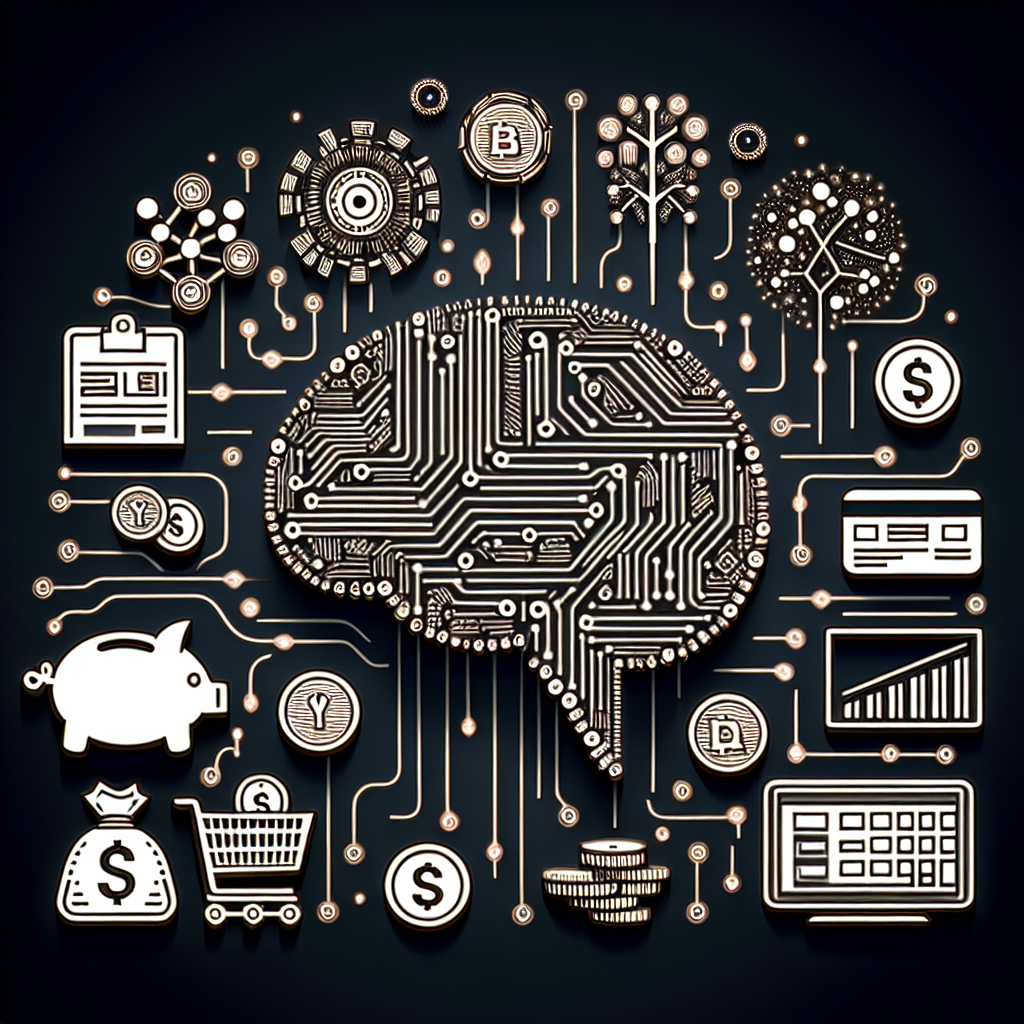In recent years, artificial intelligence (AI) and machine learning have been revolutionizing various industries, and personal finance is no exception. These technologies have the potential to significantly impact how individuals manage their finances, make investment decisions, and plan for the future. In this article, we will explore the role of AI and machine learning in personal finance and how they are changing the way we approach money management.
Role of AI and Machine Learning in Personal Finance
1. Personalized Financial Advice
One of the key ways that AI and machine learning are transforming personal finance is through the delivery of personalized financial advice. These technologies can analyze an individual’s financial data, spending habits, income, and goals to provide tailored recommendations on how to save, invest, and manage money effectively. This personalized advice can help individuals make informed decisions about their finances and achieve their financial goals more efficiently.
2. Automated Investing
AI and machine learning algorithms can also be used to automate the investment process. Robo-advisors, for example, use these technologies to create and manage investment portfolios based on an individual’s risk tolerance, financial goals, and time horizon. By leveraging AI and machine learning, robo-advisors can optimize investment strategies, rebalance portfolios, and continuously monitor market conditions to maximize returns for investors.
3. Fraud Detection and Prevention
AI and machine learning technologies are also being used to enhance security in personal finance. These technologies can analyze transaction data in real-time to detect suspicious activity and prevent fraudulent transactions. By using advanced algorithms and predictive analytics, financial institutions can identify patterns of fraudulent behavior and take proactive measures to protect their customers’ accounts and financial information.
4. Credit Scoring and Lending Decisions
AI and machine learning algorithms are also playing a significant role in credit scoring and lending decisions. These technologies can analyze a wide range of data points, including credit history, income, debt-to-income ratio, and spending patterns, to assess an individual’s creditworthiness and determine their eligibility for loans or credit cards. By utilizing AI and machine learning, financial institutions can make more accurate lending decisions and offer better terms to borrowers.
5. Budgeting and Expense Tracking
AI-powered personal finance apps can help individuals track their expenses, create budgets, and manage their finances more effectively. These apps can analyze spending patterns, categorize transactions, and provide insights into where money is being spent. By leveraging AI and machine learning, individuals can gain a better understanding of their financial habits and make more informed decisions about their spending.
FAQs
1. How does AI and machine learning improve financial decision-making?
AI and machine learning can improve financial decision-making by analyzing vast amounts of data, identifying patterns and trends, and providing personalized recommendations based on an individual’s financial situation and goals. These technologies can help individuals make informed decisions about saving, investing, and spending, leading to better financial outcomes.
2. Are AI-powered financial services secure?
AI-powered financial services are designed with security in mind and use advanced algorithms to detect and prevent fraudulent activities. Financial institutions invest heavily in cybersecurity measures to protect their customers’ data and information. However, individuals should also take precautions to safeguard their personal and financial information, such as using strong passwords and enabling two-factor authentication.
3. How can AI and machine learning help with retirement planning?
AI and machine learning can help with retirement planning by analyzing an individual’s financial data, retirement goals, and life expectancy to create personalized retirement savings strategies. These technologies can optimize investment portfolios, recommend retirement savings contributions, and provide insights into how to achieve a comfortable retirement lifestyle.
4. What are the limitations of AI and machine learning in personal finance?
While AI and machine learning have the potential to revolutionize personal finance, there are some limitations to consider. These technologies rely on historical data and may not always account for unforeseen events or changes in market conditions. Additionally, individuals may have concerns about privacy and the security of their financial information when using AI-powered financial services.
5. How can individuals leverage AI and machine learning in their personal finance?
Individuals can leverage AI and machine learning in their personal finance by using AI-powered financial apps, robo-advisors, and other digital tools that provide personalized recommendations, automate investment strategies, and track expenses. By incorporating these technologies into their financial planning, individuals can make more informed decisions and achieve their financial goals more efficiently.
In conclusion, AI and machine learning are transforming personal finance by providing personalized financial advice, automating investing, enhancing security, improving credit scoring, and helping individuals track expenses and manage their finances. These technologies have the potential to revolutionize how individuals approach money management and achieve their financial goals. By leveraging AI and machine learning in personal finance, individuals can make more informed decisions, optimize their financial strategies, and secure their financial future.

